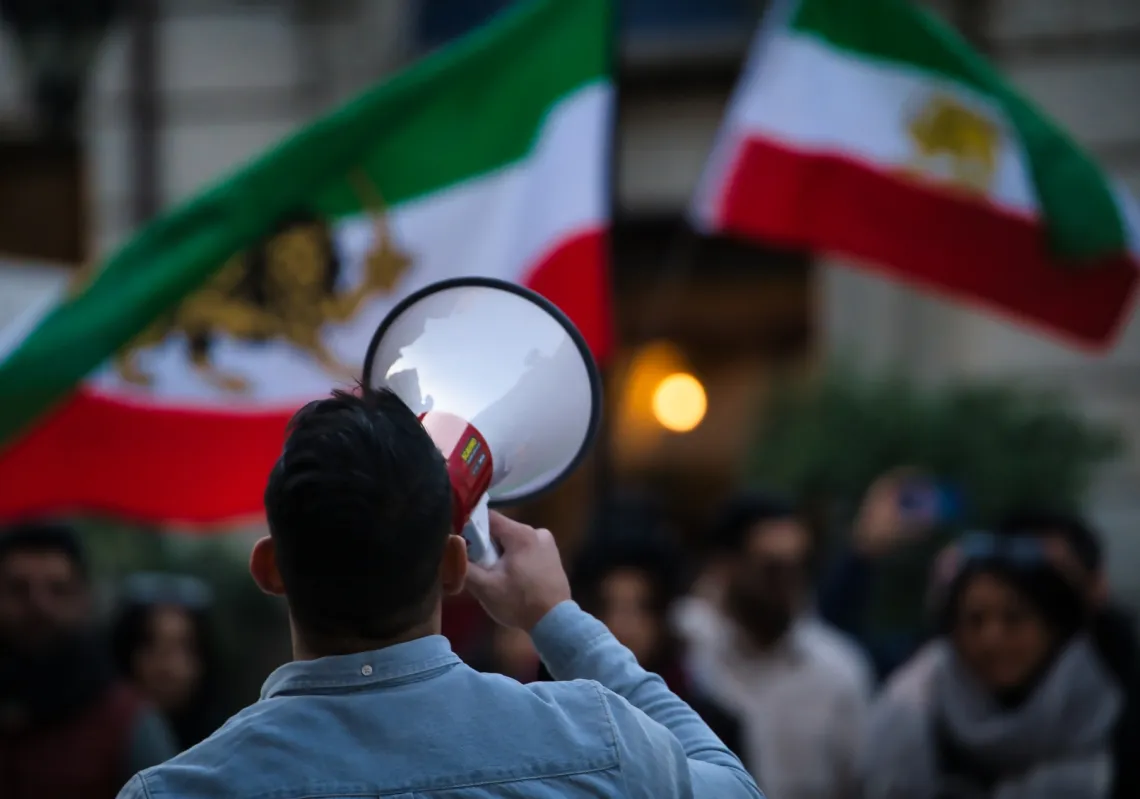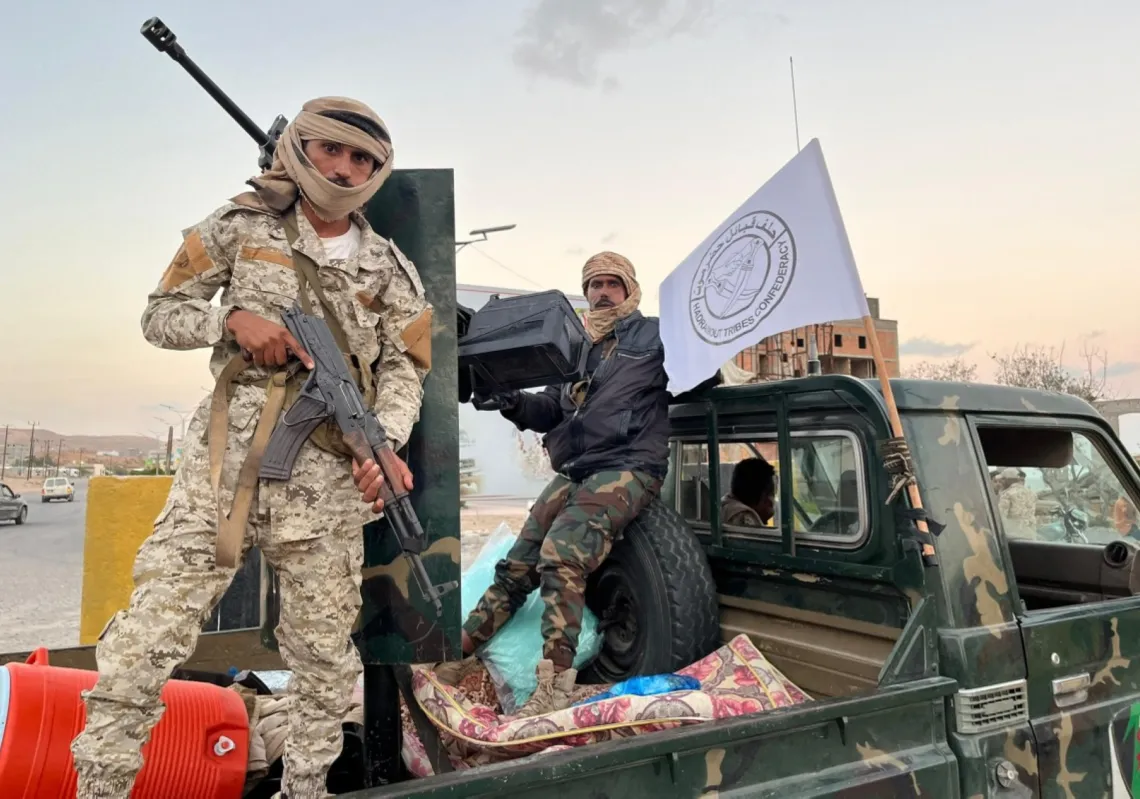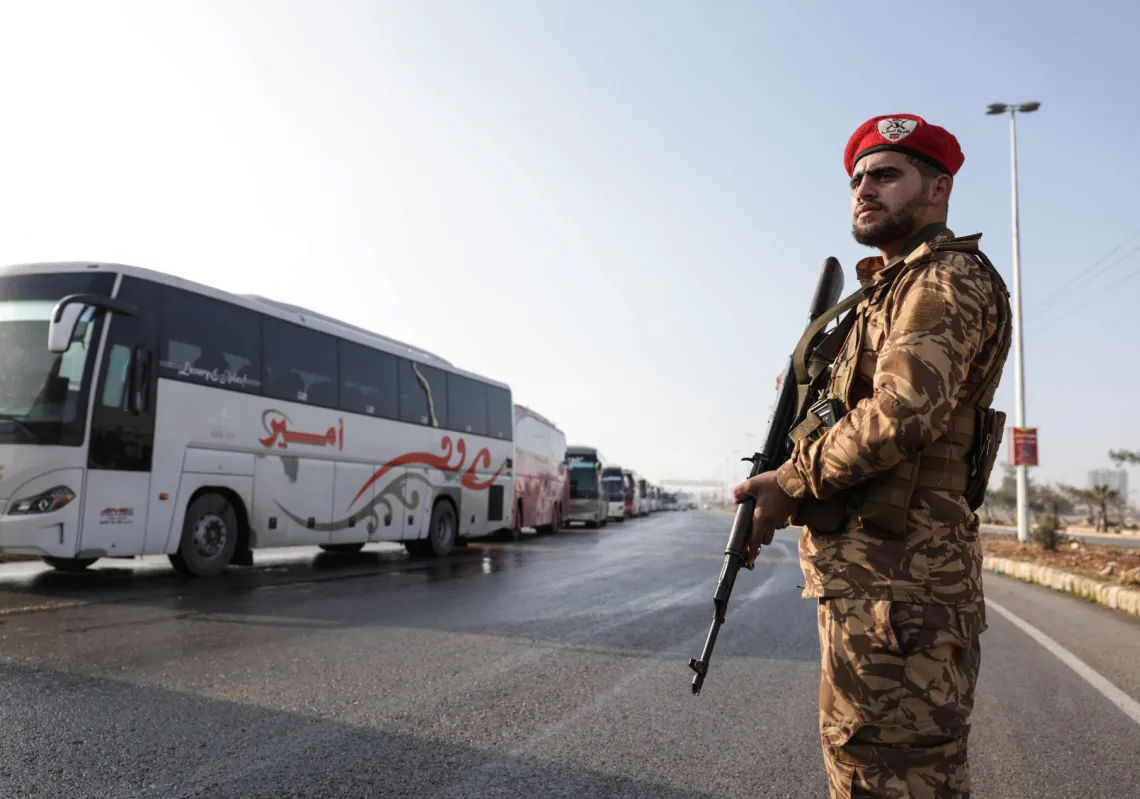 Yemen's former president, Ali Abdullah Saleh, in February 2012 when he formally handed over power to his deputy. (MOHAMMED HUWAIS/AFP/Getty Images)[/caption]When Yemeni president Ali Abdullah Saleh finally agreed to resign from the presidency following months of unrest and bloodshed, he did so with the promise that he, and all former aides and family members, would be legally protected from future prosecution.
Yemen's former president, Ali Abdullah Saleh, in February 2012 when he formally handed over power to his deputy. (MOHAMMED HUWAIS/AFP/Getty Images)[/caption]When Yemeni president Ali Abdullah Saleh finally agreed to resign from the presidency following months of unrest and bloodshed, he did so with the promise that he, and all former aides and family members, would be legally protected from future prosecution.
Having witnessed the demise of Egyptian president Hosni Mubarak and Tunisian president Zine El-Abidine ben Ali in 2011, President Saleh was determined not to give his foes the opportunity to tarnish his name and political legacy by challenging his three decades in power in court.
Granted an "immunity blanket" by the Parliament, the deposed president safely retired to his residence, where he began to piece back the remnants of his power network, trying to salvage what was left of his former political empire. However, while Yemen’s former strongman remains in many respects a powerful force—especially since he still presides over one of the country's main political faction, the General People's Congress—the foundations he so firmly sits on are beginning to crack.
Not content with his departure from power, many of Saleh's opponents want to see him answer for his crimes in a court of law. Many revolutionaries and state dignitaries alike are longing for a legal closure on Saleh's era, which would allow the country to move away from its autocratic past.
On April 27, a Yemeni judge dealt a violent blow to Saleh's immunity claim by indicting him and two of his nephews—General Yehia Mohammed Saleh, former commander of the Central Security Forces, and General Tarek Mohammed Saleh, former commander of the Presidential Guards—in a case relating to Yemen's Friday of Dignity massacre.
On March 18, 2011, a reported 45 civilians, including two children, were gunned down by the Central Security Forces in the capital, Sana'a, while they were calling for the fall of the regime. Dubbed the bloodiest day of the revolution, the killings deeply scared Yemenis' psyches, as it was perceived as the epitome of repression and proof of the illegitimacy of Saleh's regime.
Despite many attempts to bury the incident, political activists have time and time again taken to the streets, pressuring Yemen's political old guard into fulfilling its promises of justice and legal retribution. And indeed, after two years of lobbying and pressure, Yemen's revolutionaries managed to rally a judge to their cause by challenging Saleh and his once-powerful nephews to defend themselves in court.
While political analysts are cautioning against the possibility of an admission of guilt or a conviction, the move has been hailed a breakthrough by the rights community.
Sarah Leah Whitson, the Middle East director at Human Rights Watch, keenly welcomed the news, saying, "The court-ordered investigation of former president Saleh and several top aides for the ‘Friday of Dignity’ massacre may prove a breakthrough for justice in Yemen, but only if prosecutors now do their jobs.... The authorities should leave no stone unturned until they have identified the people responsible for these killings and held them to account.”
Now that a judge has decided to challenge, in the most public manner possible, former president Saleh's immunity privileges, other judges are following suit, emboldened by the tenacity of activists in their pursuit of justice.
A day after the indictment was issued, on April 28, 2013, the General District Attorney ordered an investigation into deposed President Saleh's role in the shelling of Sheikh Sadiq Al-Ahmar's Hasaba residence back in May 2011. The sheikh's home was attacked as tribal and political leaders were discussing the future of the regime. Sheikh Sadiq Al-Ahmar, one of Yemen's most prominent and powerful tribal leaders, warned that he would pursue the matter until all guilty parties are punished—a warning that carries more weight now than ever before.
Bearing in mind that Saleh's parliament-granted immunity enjoys no legal precedent, and, given its legality has already been rejected by foreign powers and the United Nations, Yemen's former president could indeed find his privileges reneged and revoked should his foes gather enough political will.
Already, Yemen’s most well-known human rights activists, Tawakkul Karman—winner of 2011 Nobel Peace Prize—has said she will continue her bid to see Saleh stands before the International Criminal Court.








